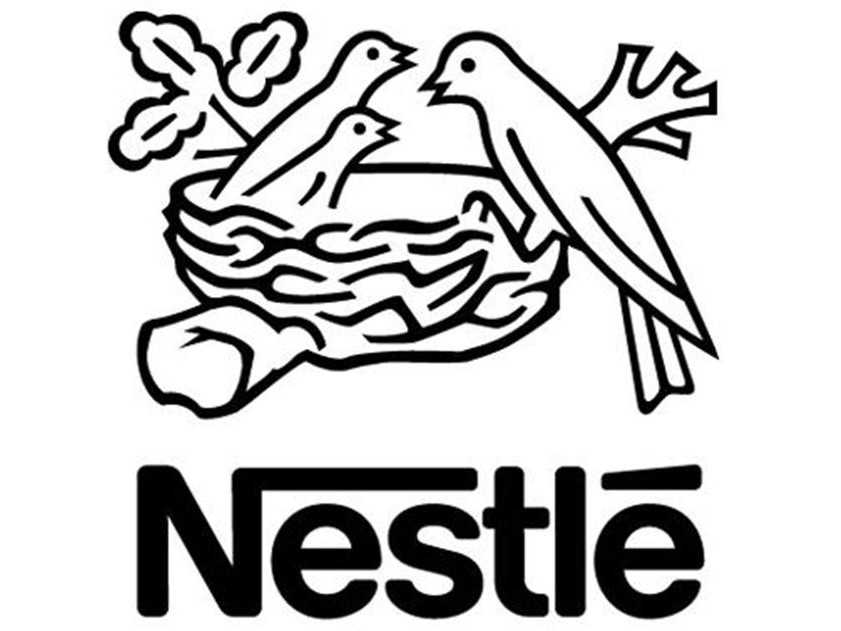Nestlé has pledged to reduce food loss and waste in a new initiative launched at a SAVE FOOD event in its headquarters in Switzerland, attended by industry, research, government and civil society representatives.
SAVE FOOD works closely with the Food and Agriculture Organisation of the United Nations (FAO) and the United Nations Environment Programme (UNEP) to create awareness of and help prevent food loss.
Food loss and waste is a major worldwide problem.
About one third of global food production is wasted – where perfectly edible foodstuffs are thrown into the trash – or lost – where food spills, spoils, bruises or wilts before it reaches the consumer.
This can reduce farmers’ incomes and the amount of food that is available for consumption, which in turn can lead to increases in the cost of food. It also generates greenhouse gas emissions and results in inefficiently used water and land.
“We have been reducing food loss and waste in our operations across the world for decades. We are now formally strengthening this commitment, going beyond our own operations to work together with all stakeholders for greater impact” said Pascal Gréverath, Head of Environmental Sustainability at Nestlé.
The initiative, part of Nestlé’s Creating Shared Value commitment to ‘improve resource efficiency in its operations’, will address food loss and waste through measures like responsible sourcing and zero waste for disposal.
Zero waste for disposal means that no waste will go to landfill or be incinerated without energy being recovered from the process.
Nestlé has committed to achieve this in all of its sites worldwide by 2020.
Nestlé will also educate consumers and employees on reducing food waste and engage with key stakeholders – such as regulators and scientists – to develop and implement solutions to the problem.
The company is actively contributing to the development of a global standard by The World Resources Institute (WRI) to measure food loss and waste throughout the food value chain.
Read more on Nestlé’s commitment to reduce food loss and waste (pdf, 208Kb).


















